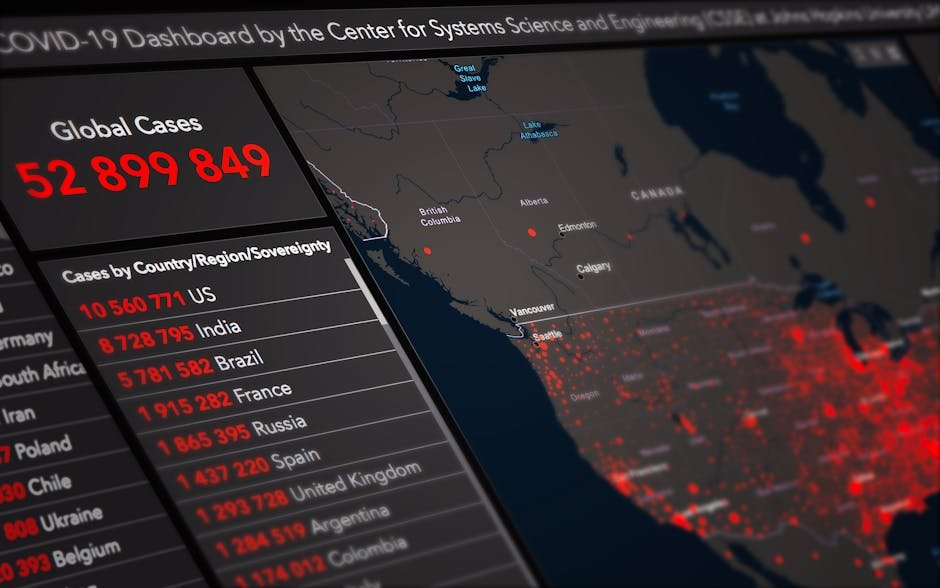Co-working Spaces Surge in 2025: A Shift in Workplace Dynamics
The rise of co-working spaces continues its upward trajectory in 2025, marking a significant shift in how professionals approach work environments. This trend, fueled by evolving work styles and a desire for flexibility, is reshaping urban landscapes and prompting significant economic and social consequences. This analysis examines the current state of the co-working sector, analyzing its impact on the job market and predicting future developments.
The 2025 Co-working Landscape: Growth and Diversification
In 2025, the co-working industry has seen substantial growth across major metropolitan areas globally. Reports suggest a double-digit percentage increase in the number of co-working spaces compared to the previous year, driven by increased demand from both freelancers and established companies. This expansion isn’t solely limited to large cities; smaller towns and suburban areas are witnessing a notable increase in co-working options, indicating a broader shift towards flexible work arrangements. This growth reflects a broader societal trend favoring remote work, agility, and collaborative work environments.
Diverse Demographics and Business Models
The appeal of co-working spaces extends across various demographics. Freelancers and entrepreneurs continue to be significant users, but 2025 also reveals a notable increase in the participation of larger companies utilizing co-working spaces as satellite offices or for project-based teams. Further, the industry itself displays increasing diversity in business models, ranging from small, independent spaces to large, multinational chains offering a variety of amenities and services. This variety is catered to a broad range of user needs and budgetary constraints.
Economic Impacts: Job Creation and Real Estate Shifts
The expansion of the co-working sector has generated a notable number of jobs in 2025, encompassing roles from space management and community building to specialized services such as IT support and event planning. These are often localized jobs, directly contributing to the economic vitality of individual communities. Additionally, the increased demand for co-working spaces has spurred investment in real estate, leading to renovations and new construction projects in urban areas. This has both positive and negative consequences; increased property values can displace existing businesses and residents, highlighting the need for balanced urban development.
Real Estate Market Adjustments
The impact on the commercial real estate market is substantial. Traditional office spaces are facing increasing competition from co-working models, leading to rent adjustments and the potential for empty office buildings in certain areas. Landlords are responding by either converting existing office spaces into co-working environments or incorporating co-working elements into new constructions. This dynamic interaction between traditional and flexible work spaces will continue to define the commercial real estate landscape throughout the year.
Social Implications: Community Building and Networking
Beyond the economic implications, co-working spaces are increasingly viewed as community hubs, fostering collaboration and networking opportunities. This is particularly beneficial for freelancers and entrepreneurs who may otherwise lack the social interaction of a traditional office environment. Many co-working spaces actively cultivate a sense of community through organized events, workshops, and social gatherings. These community-building initiatives further enhance the appeal and value proposition of these spaces.
Fostering Innovation and Collaboration
The collaborative nature of co-working spaces can promote innovation and creativity. The chance encounters and informal interactions between individuals from diverse backgrounds and professional fields can lead to new ideas and unexpected collaborations. Companies are actively leveraging these collaborative environments to foster a culture of innovation within their teams and across their entire organizations. This intangible benefit contributes significantly to the overall appeal of co-working spaces.
Technological Integration and Future Trends
In 2025, technological integration is transforming the co-working experience. Many spaces are incorporating smart technology, such as advanced booking systems, environmental controls, and high-speed internet, to enhance user experience and operational efficiency. This tech-driven approach reflects a broader trend of workplace modernization, making co-working spaces even more appealing to tech-savvy professionals. This integration enhances efficiency and productivity for both the operators and users.
Key Trends Shaping the Future of Co-working:
- Hyper-localization: Co-working spaces are increasingly catering to specific niches and local communities.
- Sustainability focus: An increasing number of spaces are adopting eco-friendly practices and promoting sustainability.
- Hybrid models: A blend of physical and virtual co-working options is becoming increasingly popular.
- Enhanced security: Advanced security measures are being integrated to address data protection and physical safety concerns.
Conclusion: A Lasting Impact on the Workplace
The rise of co-working spaces in 2025 signifies a profound and lasting shift in workplace dynamics. While challenges remain, including addressing issues of affordability and accessibility, the overall trend indicates a future where flexible work arrangements and collaborative environments will be integral parts of professional life. The sector’s ongoing evolution, driven by technological advancements and changing societal preferences, suggests that co-working spaces will continue to play a significant role in shaping the future of work. The industry is poised for continued growth and evolution, impacting urban development, the job market, and the way professionals collaborate and interact.







